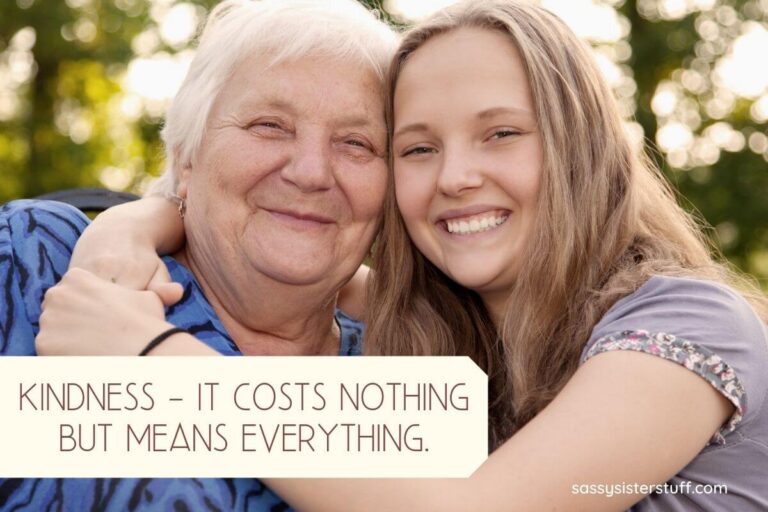How to Spot Rouge Flags in Dating Over 40 Without Getting Burned
Dating over 40 can feel different from when you were younger. You’ve likely got a clearer idea of what you want, but that doesn’t always mean the process is simpler.
Knowing how to spot red flags early can save you a lot of time and heartache. It helps you protect yourself and focus on the connections that truly matter.
Ignoring their past relationships

If your date avoids talking about their past relationships, it’s a red flag. Everyone has a history, and being open shows maturity.
Watch out if they only badmouth exes without taking any responsibility. That could mean they haven’t learned from those experiences.
You don’t have to dig deep, but a little honesty helps build trust. If they’re secretive or defensive, pay attention.
Avoiding deep conversations

If someone consistently dodges serious topics, pay attention. They might be avoiding vulnerability or hiding something important.
You want to feel comfortable discussing values, goals, and feelings. If they shut down or change the subject, that’s a signal.
Respectful communication includes being open about who you are. If deep talks scare them away, it’s worth reconsidering the connection.
Constantly canceling plans
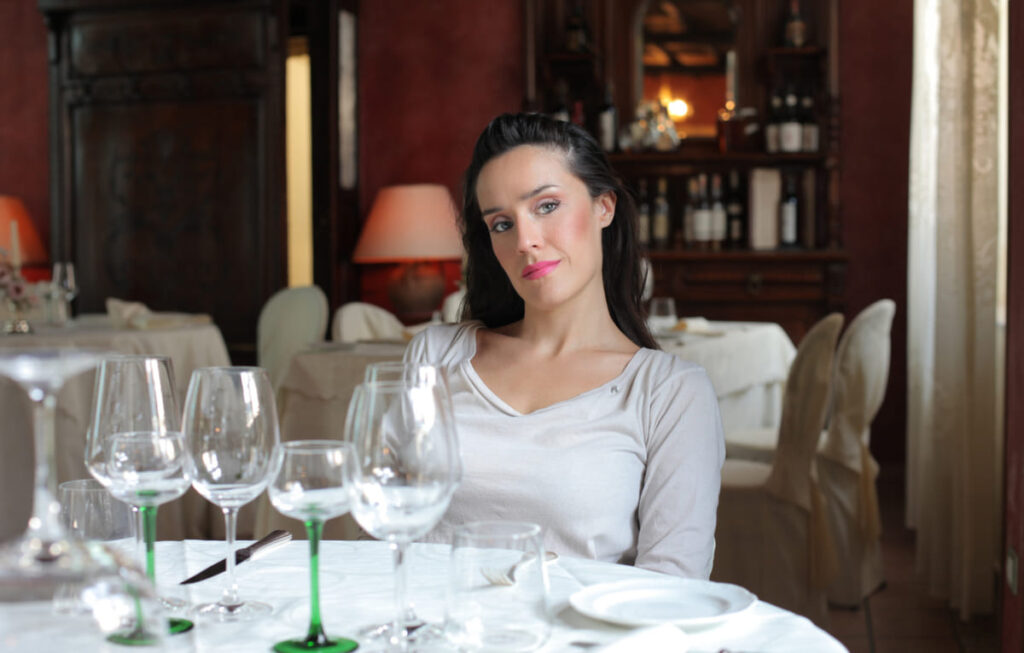
If your date frequently cancels last minute, pay attention. It might mean they’re not that interested or have other priorities.
Everyone’s busy, but if it’s a pattern, you could be wasting your time.
Don’t be afraid to ask why they keep canceling. Their answer can tell you a lot about their respect for your time.
Being overly secretive

If someone you’re dating avoids simple questions about their life, it can be a red flag. You deserve honesty, especially when you’re putting effort into getting to know each other.
Being too secretive might mean they’re hiding something important or aren’t ready to share themselves. Trust builds with openness, so watch for consistent vagueness or deflection.
It’s okay to want some privacy, but if it feels like a wall, that’s worth noting. You should feel comfortable asking questions without feeling shut down.
Pushing for quick commitments
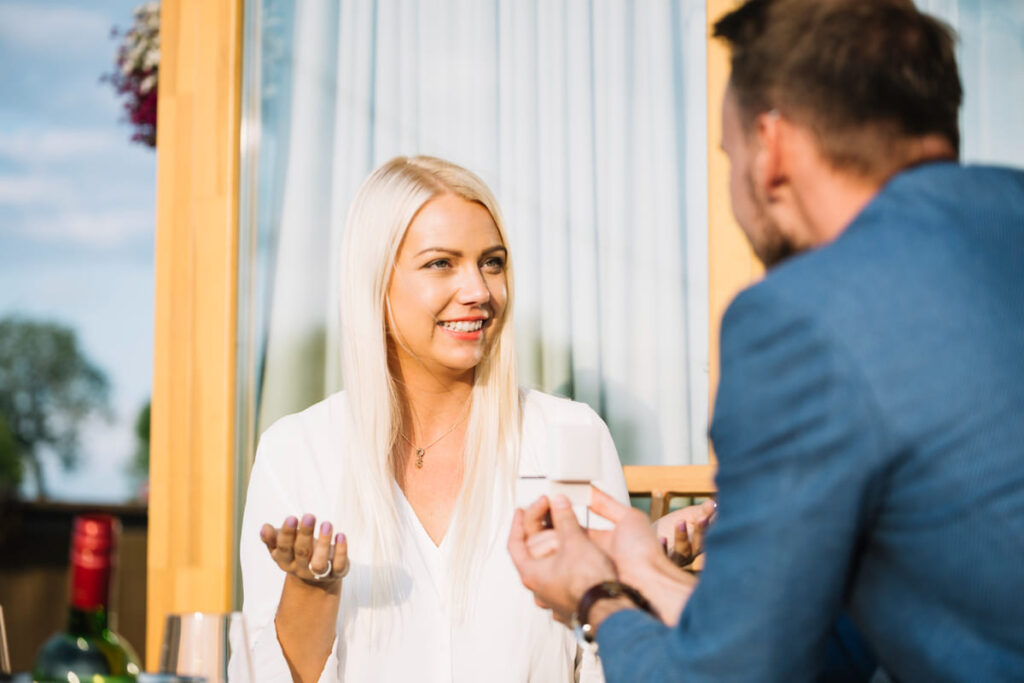
If someone is rushing you to define the relationship early on, it’s a warning sign. You get to set your own pace, and anyone who pressures you isn’t respecting that.
Take your time to really know the person. Quick commitments can mask deeper issues you haven’t uncovered yet.
Trust your gut if you feel pushed. Healthy relationships build gradually, not overnight.
Lack of interest in your life
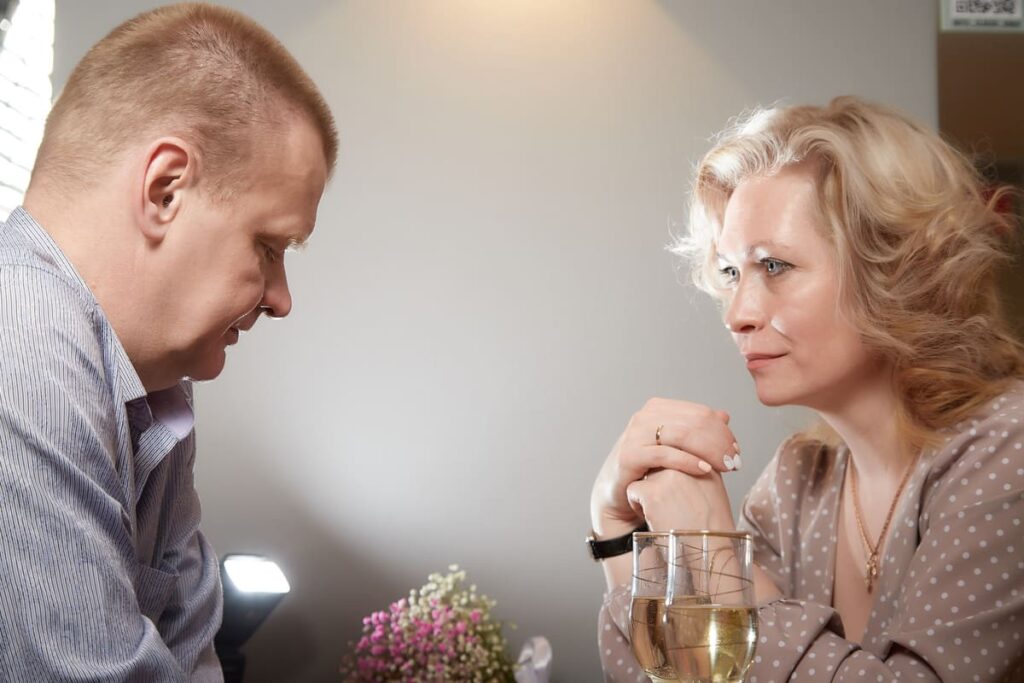
If they rarely ask about your day or what you enjoy, that’s a warning sign. You want someone who cares about your experiences, not just their own.
When you share something important, notice if they listen or quickly change the subject. genuine interest shows respect.
Your passions matter. If they dismiss or ignore what excites you, they might not value you fully.
Excessive phone checking

If your date keeps scrolling through their phone nonstop, it can feel like they’re not fully present. You want to share moments, not compete with a screen for attention.
It’s normal to check your phone occasionally, but when it happens every few minutes, it might signal disinterest. Trust your gut if it feels like they’re distracted or hiding something.
Frequent phone checking could also mean they’re communicating with someone else. Pay attention to how it makes you feel—your time and company deserve respect.
Unwillingness to introduce you to friends

If your date keeps avoiding introducing you to their friends, it can be a red flag. Friends often help us see someone’s true character.
You deserve to meet the people important in their life. If they make excuses or change the subject, ask yourself why.
A healthy relationship usually includes sharing your social circles. It’s a good way to build trust and show commitment.
Inconsistent stories

You might notice your date’s stories don’t quite add up. One day they say one thing, and the next, it’s totally different.
This can be a sign they’re not being fully honest or hiding something.
If you catch these gaps often, it’s worth asking a few straightforward questions. Trust your gut when things feel off.
Poor communication habits

If they often miss your messages or take forever to reply, it’s a sign. Consistent one-word answers or vague responses can show a lack of interest or effort.
Pay attention if they avoid meaningful conversations or shut down when topics get serious. Clear and honest communication builds trust, so poor habits can lead to misunderstandings and frustration.
Understanding Emotional Baggage in Midlife Dating
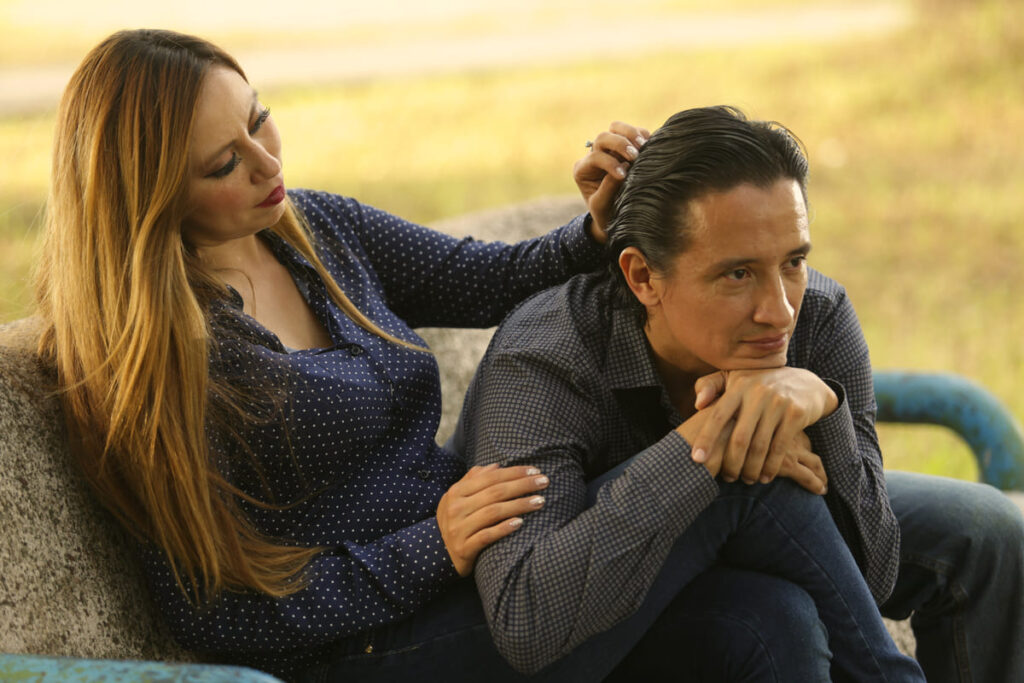
Emotional baggage can shape how you and someone new connect. It’s important to recognize how past relationships affect feelings and behaviors now. Being clear and honest about your histories helps avoid misunderstandings.
Why Past Experiences Matter

Your past relationships influence your current emotional state and expectations. For example, if you’ve been through a tough divorce, you might approach new connections with caution or trust issues.
These experiences can create patterns, like avoiding commitment or overanalyzing small signs. Knowing this helps you spot when someone’s behavior is protective or reactive due to history, not a reflection of you.
Acknowledging your emotional baggage means you’re less likely to repeat old mistakes and more prepared to build a healthier relationship.
Communicating About Relationship History
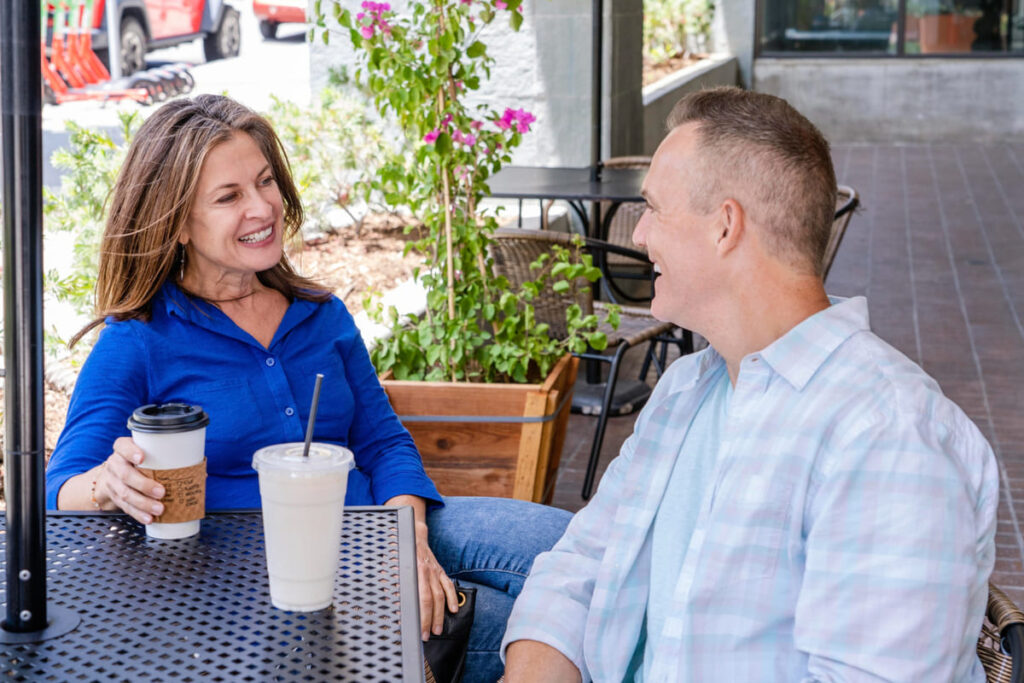
Talking openly about your past relationships early on sets a foundation of trust. You don’t have to share everything at once, but key points—like how long your last relationship lasted and why it ended—can clarify expectations.
Use “I” statements to express feelings without blaming, such as “I’m still working through trust issues from my last relationship.” This invites understanding rather than judgment.
Remember, this is a two-way street. Encourage your date to share, too. Clear communication helps identify compatible mindsets and avoid surprises later on.
Building Healthy Boundaries Over 40

Setting clear limits helps protect your emotional space and keeps your relationships balanced. Knowing when to say no and how to express your needs prevents misunderstandings and preserves respect.
Recognizing Respectful Communication

You deserve honesty and kindness in conversations. Watch for signs like active listening, where the other person really hears your thoughts without interrupting or dismissing them.
Respectful communication also means no yelling, blaming, or manipulative tactics. If your partner shares their feelings calmly and asks for your perspective, that’s a good sign.
Notice if your boundaries about sensitive topics are accepted without pressure. When someone respects your need for space or time before responding, they value your comfort.
Balancing Independence and Intimacy

Keep your own interests and routines alive. Being independent doesn’t mean you’re distant; it means you know what grounds you.
At the same time, create moments to connect deeply. Balance is about sharing enough of yourself to build trust without losing who you are.
A relationship over 40 works best when both of you can enjoy time apart and together. It’s okay to say no to plans if you need alone time, and it’s equally okay to say yes when you want closeness.




